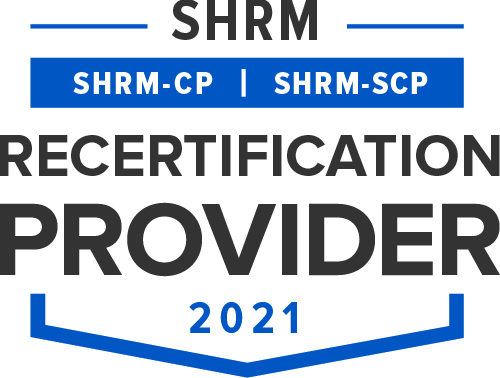I’ve lost jobs and I’ve called old employers to see if they would want to hire me back. I’ve usually gotten a response that sounded something like, “Oh, boy would we want you back but we just don’t have anything. Good Luck!” Many of us in the talent game talk about our employee Alumni and how we should engage our Alumni but very few of us really take true advantage of leveraging this network.
I was reminded of this recently when a friend of mine took a new job. You know the deal, shorter drive, more money, growing company, and oh, boy, just where do I sign!? The fact was, it was all they said, shorter drive, more money and they were growing, but they forgot to tell him was our operations are broken beyond repair, you will work 7 days a week and probably 12-14 hours per day because of the mess we have, but keep your head up it’s the only way you won’t drown here!
So, now what does he do?
He already had the going away party, bar night out with the work friends with the promises to do lunches and not get disconnected, packed up, and unpack the office into the new office. Let’s face it, big boy, you’re stuck! Not so fast. He did the single hardest thing an employee can do he called his old boss after 7 days and said one thing, “I made a mistake, can I come back?”
Luckily for him, his past boss was a forward-thinking leader and so this past Monday he did the 2nd hardest thing an employee can do he made the “Employee Walk of Shame”.
You can imagine the looks from people who didn’t know him well, “Hey, wait a minute, didn’t you leave?” Having to tell the same story over and over, feeling like he failed, like he wasn’t good enough to make it in the new position.
HR plays a huge part in this story because it was HR who can make this walk of shame a little less rough. Let’s face it, it is different. You just don’t leave and come back as nothing happened. Something did happen, there was a reason he left and that reason isn’t going away. A transition back needs to be put into place even though he was gone seven days. It’s not about just plugging back in, it is about re-engaging again and finding out what we all can do better so it doesn’t happen again.
It’s also about making sure you let those employees who you truly want back, that they are welcome to come back (assuming you have the job) and not just saying that to everyone. There are employees who leave that you say a small prayer to G*d and you are thankful they left! There are others where you wish there was a prayer you could say so they wouldn’t leave.
Make it easy for your employees to do the Walk of Shame, it helps the organization, but realize they are hurting, they are embarrassed, but they are also grateful!


